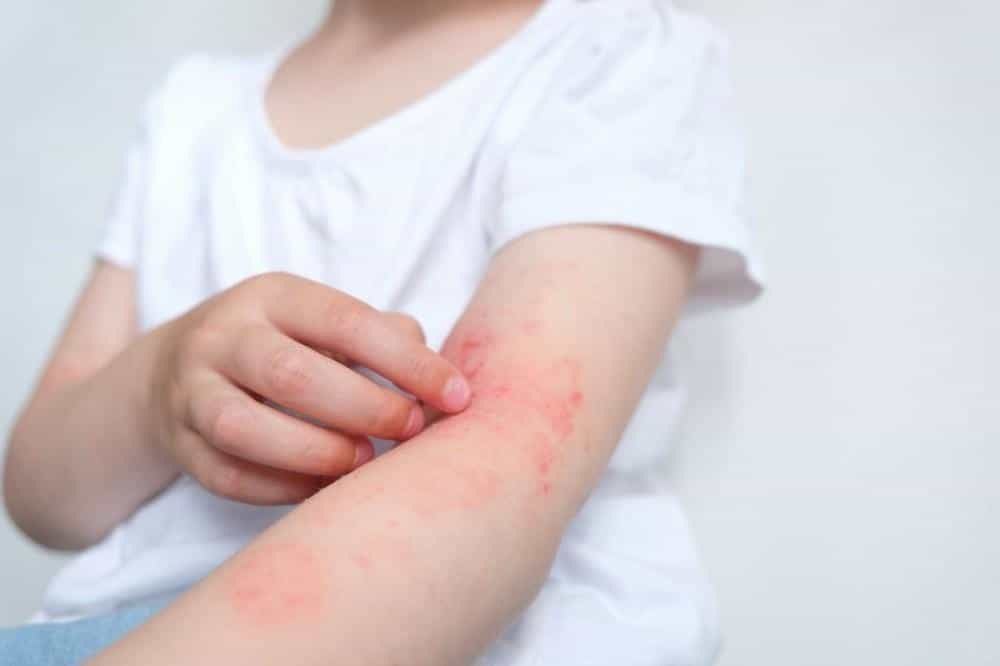Atopic dermatitis, affecting up to 20% of population, stands as the most prevalent form of eczema. This condition, known for its signature symptoms such as itchiness, redness, and dryness, tremendously affects the quality of life. Yet, understanding its underlying causes remains an unfinished exploration. One thing is clear, it’s a genetic disease, implying specific genes could drive its occurrence. Many factors can contribute to the manifestation of this condition, like a dry climate, stress, presence of microorganisms, exposure to irritative substances and diet.
Atopic Dermatitis generally affects children but is not rare among adults. Mites, little creatures from the Arachnid family, trigger this disease, and they thrive on our skin and even in pillows and mattresses. It can present differently across age groups and individuals, but common signs are itchiness, body rashes, or dry and scaly skin. The diagnosis usually depends on symptoms and historical data, sometimes backed up by skin tests for any potential allergies.
Treatments can vary greatly based on symptom severity and can range from medication to trigger management. It’s viable to use topical corticosteroids, immunomodulators, and even phototherapy for severe cases. Keeping the skin clean, hydrated, and avoiding triggers helps manage the condition. While it’s a chronic disease, many patients manage to keep it under control by avoiding triggers and using the right medication.
In conclusion, Atopic dermatitis is not a simple disease. Numerous factors including genetics, climate, stress and diet can affect its occurrence and severity. Although there is no definitive cure, a combination of various strategies can ease its symptoms and ameliorate the quality of life for those affected.
You may also like
What’s behind Women’s Struggle with Atopic Dermatitis?
This article delves into the intricate puzzle of why women tend to be more susceptible to atopic dermatitis, a chronic skin condition. We look at possible causes, from genetic predispositions, hormonal shifts, allergies to food or environment, stress, and irritating beauty products. Remember, uncovering the ‘why’ is the first step toward effective management and treatment.
Unveiling Multiple Sclerosis: Symptoms, Challenges and Human Perseverance
Dive deep into the intricacies of Multiple Sclerosis (MS), a chronic and complex autoimmune disease. Understand the symptoms, treatment options and challenges that individuals face when dealing with this disease. Explore how the human spirit remains unyielding in its battle against MS.
